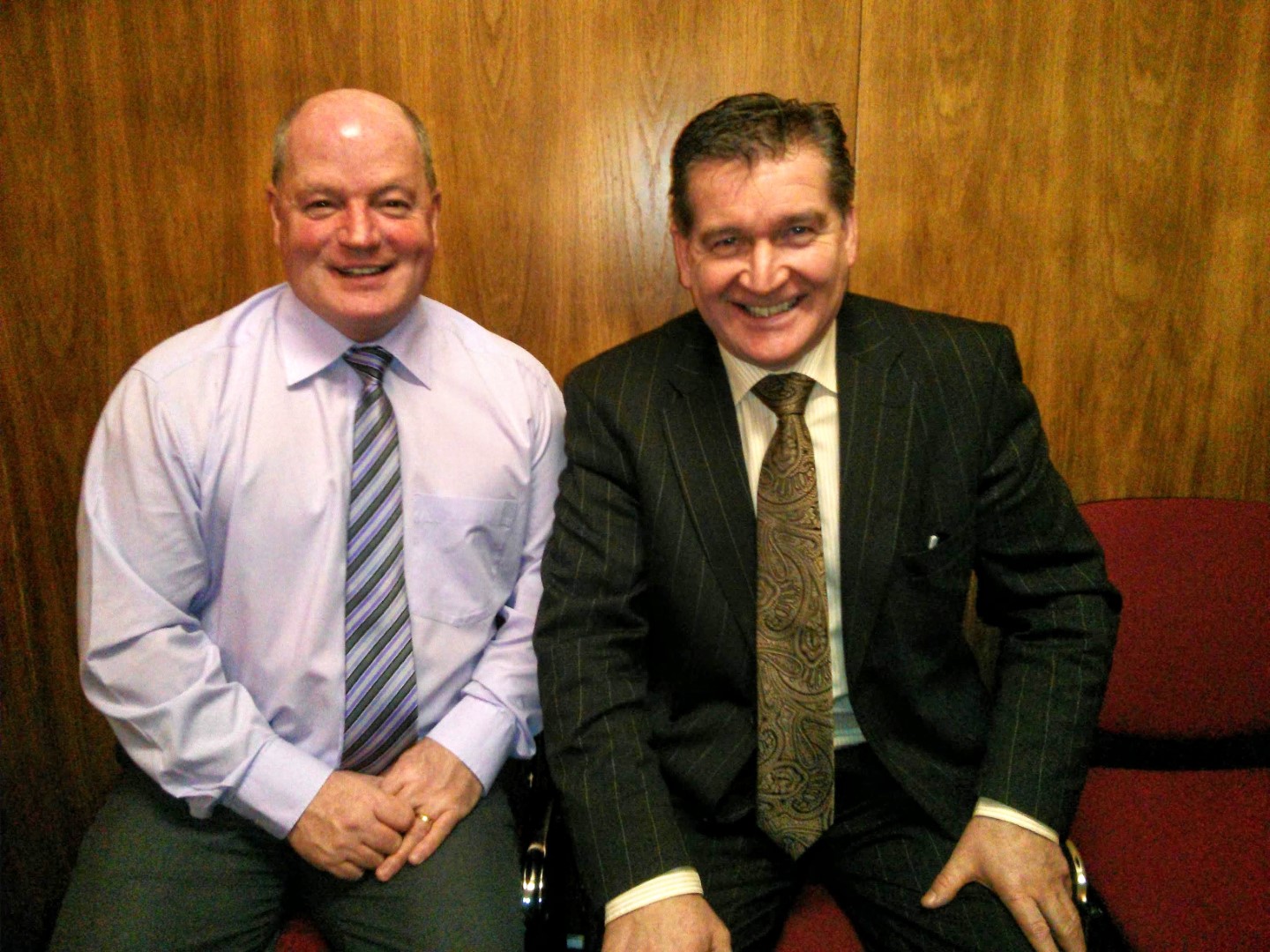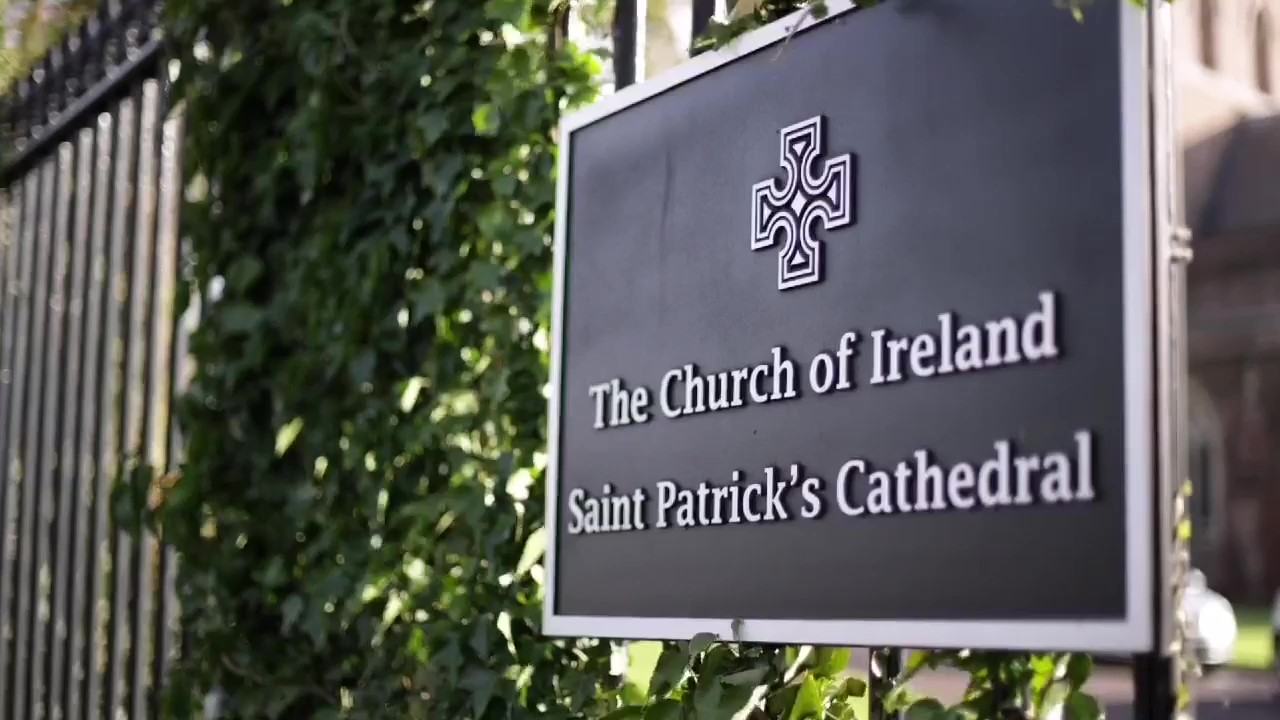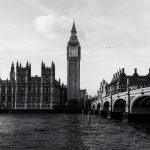Please free up some space at the mural: there’s yet another ecumenical figure standing impatiently in the queue who wishes to add his layer of wash to the “whited wall” that is now the public memorial to Martin McGuinness.
Patrons of the same cheap paint shop from which so many other apologists have emerged in recent days, these clergymen and religious commentators have struggled through last week with huge compressors and fake pigments in order to airbrush history and create their own alternative canvases.
By the time their works of art were completed, gone was the true likeness of Martin McGuinness and in its place stood a portrait of the apostle Paul.
Rev. David Latimer was not the only one to try his hand at sketching this transformation, but as the undisputed clown prince of Presbyterianism he rendered it in typically garish colours when he gushed, “I see Martin as a modern day St Paul … the hand of God was on his shoulder assisting him.”

The comparison is completely ludicrous. Unlike Martin, Paul placed his former sins on public record, not as badges of pride but admissions of shame. He confessed that, prior to conversion he had been, “a blasphemer, a persecutor and injurious” (1 Timothy 1:13), and not only admitted the terrorism in which he had engaged, but was repulsed by it and rejected it (Romans 6:21).
Plus this canvas that depicts a Damascene conversion was mercilessly slashed by Martin McGuinness himself when he resigned as Deputy First Minister. Responding to the question if he regretted any of his past violent actions, he said…
“I regret none of it.”
So, Mr Latimer, drop the airbrush and permit Martin’s self-portrait to remain untouched for all to see. It’s the way the families of his victims remember him and evidently remained for him a treasured portrait in the gallery of his life.
In an effort to allow room for Martin to be painted as some kind of penitent, Pádraig Ó Tuama of the Corrymeela Peace and Reconciliation Centre went so far as to mix some incredible elasticity into his paint. When speaking on Sunday Sequence (26 March 2017) he told us that the word repentance, “in Greek is metanoia and that just means change of direction, or change of mind, and doesn’t imply being sorry about anything. … I think with a strict definition of the word repentance you can just understand it as simply being a pragmatic change of action … .”
I have no idea where Pádraig studied Greek, but his image is completely suspect. Definitions provided for this word repentance by recognised Greek scholars paint an entirely different picture. For them it is, “a change of mind: as it appears in one who repents of a purpose he has formed or of something he has done, especially the change of mind of those who have begun to abhor their errors and misdeeds, and have determined to enter upon a better course of life, so that it embraces both a recognition of sin and sorrow for it and hearty amendment, the tokens and effects of which are good deeds.”
Pádraig, if you are ever going to distinguish yourself as a calligrapher, with particular expertise in portraying the meanings of biblical words, you would have greater success if you replaced your clumsy roller clogged by elastic paint with a specialist instrument: a fine nib would greatly assist you when accuracy and precision are of the utmost importance.
However, we must leave it to Rev. Ken Newell to approach this mural with all the riotous abandon of a spraygun that has been switched to “on” and left to do its own thing in front of the canvas for 20 minutes.
Apparently unsure as to what tool he should select to apply his whitewash, he made a grab for our Saviour’s words in Matthew 7:3-5 and, putting his own incredible twist on what Jesus said, rambled on about tree trunks and sawdust. A listener with some background knowledge could be forgiven for thinking the object of this exercise was simply to scatter some sawdust in our eyes and therefore prevent us seeing any true likeness.

Mr Newell sprayed on: “The big thing about the teaching of Jesus about reconciliation is this: when I look on other people and say, ‘You have to change,’ that is completely wrong. … Jesus said, First take the beam out of your own eye – take the tree trunk out of your own eye – and then you’ll see clearly the speck of sawdust … . Sort yourself out. What is it you have to repent of, sitting in your armchair pontificating on everybody else’s inner spirit … . But let’s not pass judgment on Martin McGuinness.”
I have no idea which ‘pontificants’ Mr Newell had in mind when he made this meandering comment, but I am staggered to think that those people in armchairs who are currently critical of the legacy of Martin McGuinness could ever be construed as committing crimes on the scale of ‘tree trunks’ when Martin’s offences have, by comparison, been reduced by the Doctor to ‘a speck of sawdust.’ According to Mr Newell’s use of this analogy those who dare to tell the truth are painted as the real villains of the peace. This is a grossly inappropriate application of Scripture.
Perhaps fearing that some of the families of McGuinness’ victims may have felt the droplets of this indiscriminate spray gun approach from Mr Newell, the presenter Audrey Carville interjected with another question: “How do you get to that point when there is so much pain in your heart because of the lack of justice, truth, from the legacy?”
There is no doubt that our beloved country suffers from a lack of truth. The families of victims feel it. Society at large knows it. We realise, to quote the recent observation of one former IRA man, “Sinn Fein were never going to reveal truth.” And though there are some people who still respect proclamations from pulpits, it is both shocking and sad to note that our three pulpiteers-cumbudding artists identified above have between them managed to score ‘nil out of three’ on this truth test:
on each occasion when they referenced Scripture, they managed to misinterpret and misapply it.
Of course we should have learned the lesson by now: when ecumenical churchmen speak, truth is always the first casualty.
2017 will witness the 500th anniversary of the Reformation – a spiritual movement that concerned itself with a recovery of the truth of the Gospel that had been buried under centuries of superstition and falsehoods. Which is why when Martin Luther burst onto the scene in Wittenberg, having formulating his famous 95 Theses as a challenge to the church to get back to the Bible, his opening line was, “Out of love for the truth and the desire to bring it to light.”
Next time, David, Pádraig and Ken, leave the whitewash in the cheap paint shop. Try telling the truth instead. It is the truth that will set men free. (John 8:32).
by Ian Brown, Minister, Martyrs Memorial Free Presbyterian Church
[ For daily updates, check out the website: thereformationroom.com ]








